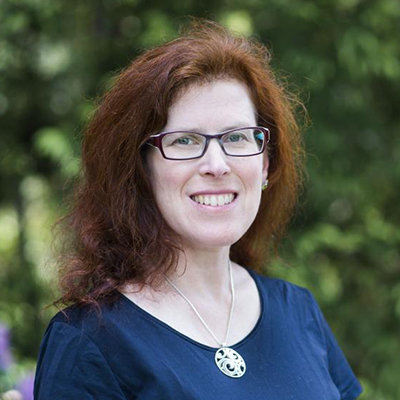Dr. Julie Fischer Weighs in on Coronavirus Reinfection

Microbiologist Dr. Julie Fischer, who joined CRDF Global in July, was recently quoted in multiple sources on the first confirmed case of coronavirus reinfection. Below, she shares her perspective and what this tells us about immunity.
“Researchers in Hong Kong have presented convincing evidence that an otherwise healthy young man was infected twice with SARS-CoV-2 viruses from different clades (viral lineages) about four months apart. This does suggest strongly that reinfection with SARS-CoV-2 can occur, despite the evidence that at least some people who have recovered from COVID-19 make neutralizing antibodies. Neutralizing antibodies effectively prevent the virus from infecting new cells in vitro, when tested in the laboratory, and are associated with protective immunity against viruses.
This is actually not shocking – there have been reports that antibody levels may wane several months after infection, and the researchers in Hong Kong showed that the virus that infected the young man the second time had several changes in proteins that are likely targets of neutralizing antibodies. Both of those factors could contribute to reinfection.
This new finding presents evidence that the initial SARS-CoV-2 infection does not elicit what is called “sterilizing immunity,” or a sufficiently strong immune response to prevent future infections with the same virus. The real question is whether the first infection elicits a sufficient immune response to protect against severe disease on subsequent reinfections. The patient identified by the researchers in Hong Kong was reportedly asymptomatic on this second infection, and his infection was only noticed because he was tested as part of airport screening procedures. If it can be demonstrated that new SARS-CoV-2 infections boost the immunity of people who recovered from previous infections, that helps understand the implications for herd immunity, as well as for vaccine development. That implies that the first infection might be the highest risk, and that immunity may provide some protection against severe disease on subsequent reinfection.
However, that also means that we have to think carefully about whether people who have recovered from COVID-19 previously can serve as reservoirs of disease following reinfection, even if they are asymptomatic – which clearly has implications for developing a vaccine.
The report on this reinfection in Hong Kong offers some optimism for the development of a vaccine to protect against severe COVID-19 disease. However, it makes vaccination strategy more complex: if vaccinating people against COVID-19 will protect them individually from severe disease but not from spreading the infection to others, we have to think about what that means for planning how to roll out vaccines once developed, and to maintain discipline about reducing the spread of the disease until we can manage the mammoth task of vaccinating people across the whole planet.
And that will require coordination across sectors and logistical planning, in addition to strengthening technical capabilities across laboratory and disease surveillance systems.”
Dr. Fischer was quoted in The Washington Post.
Read the full article here



